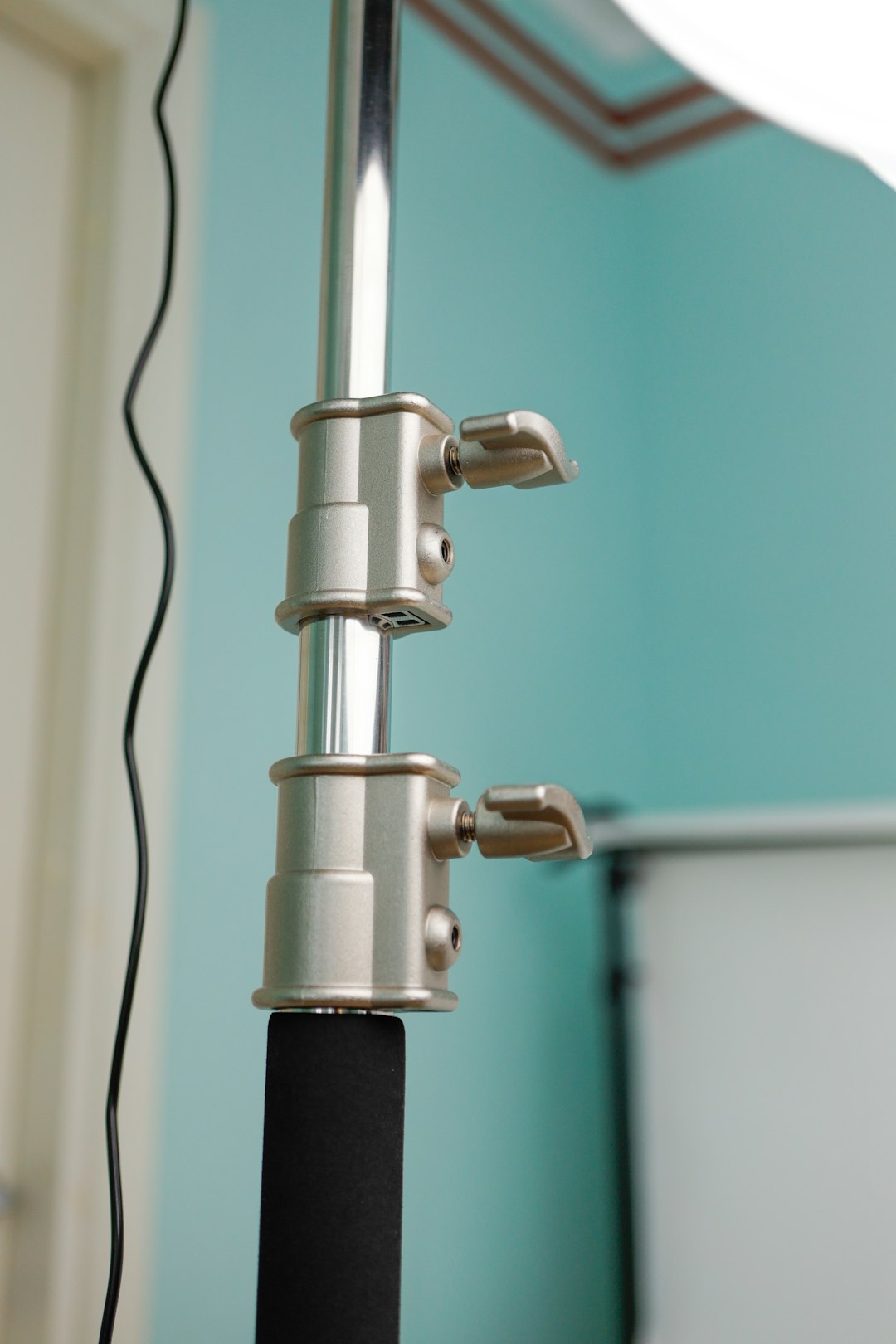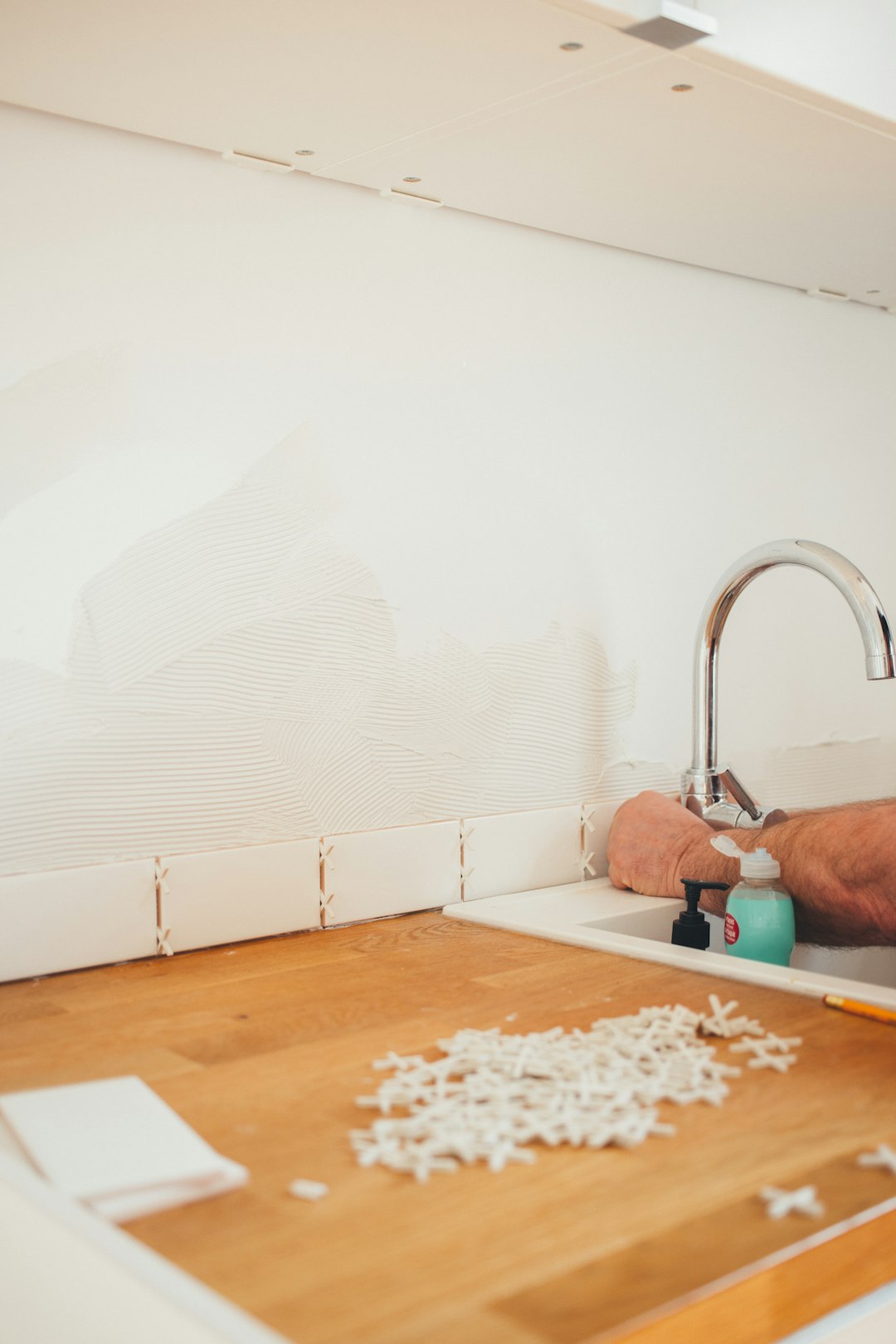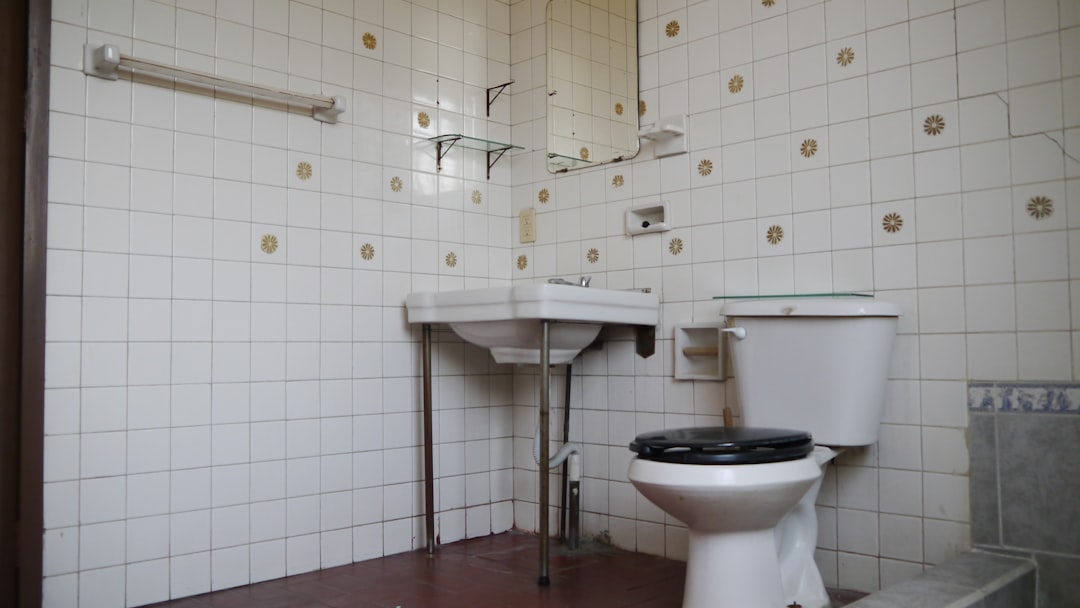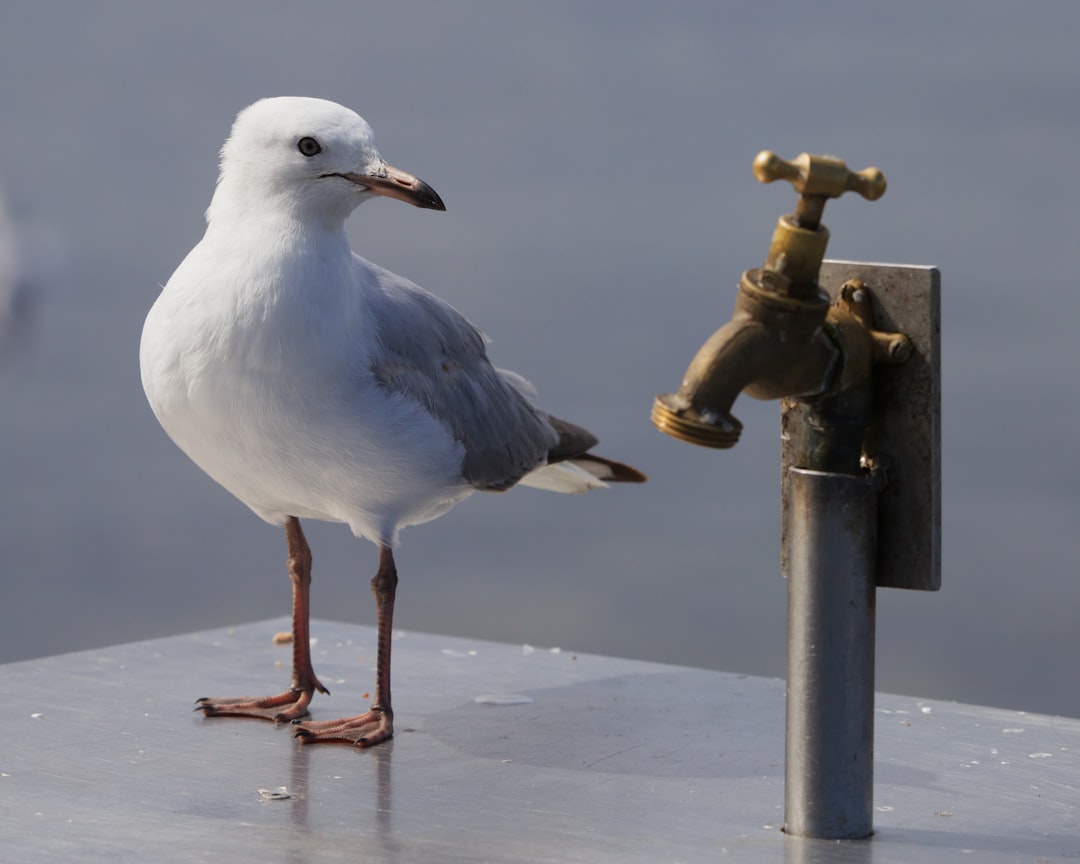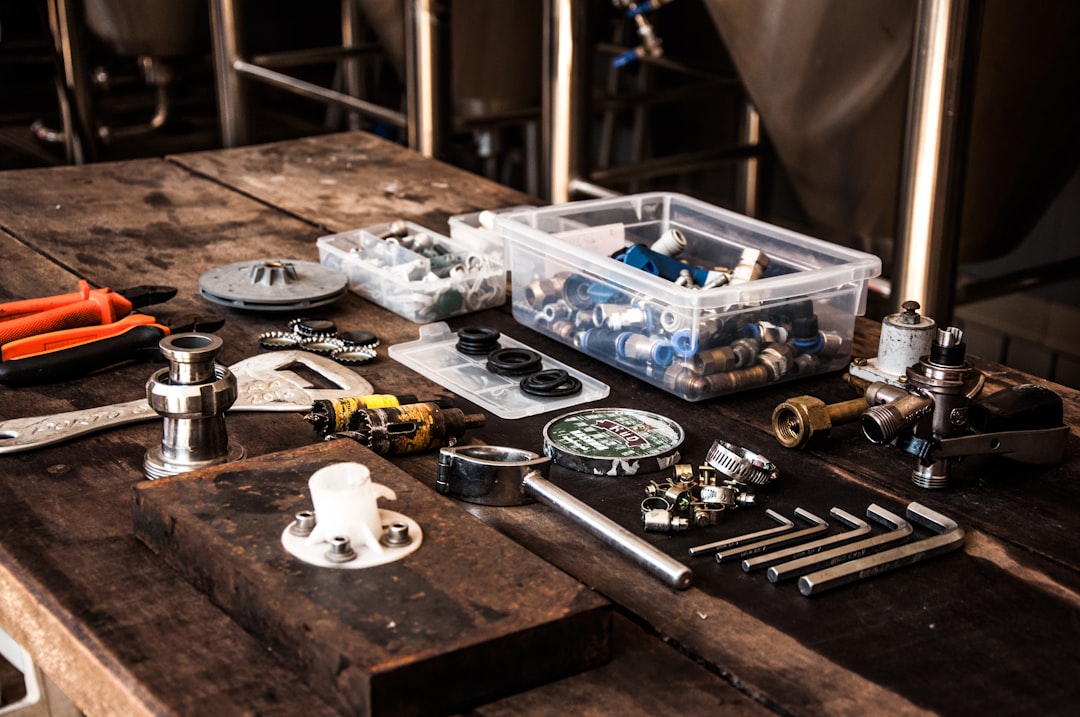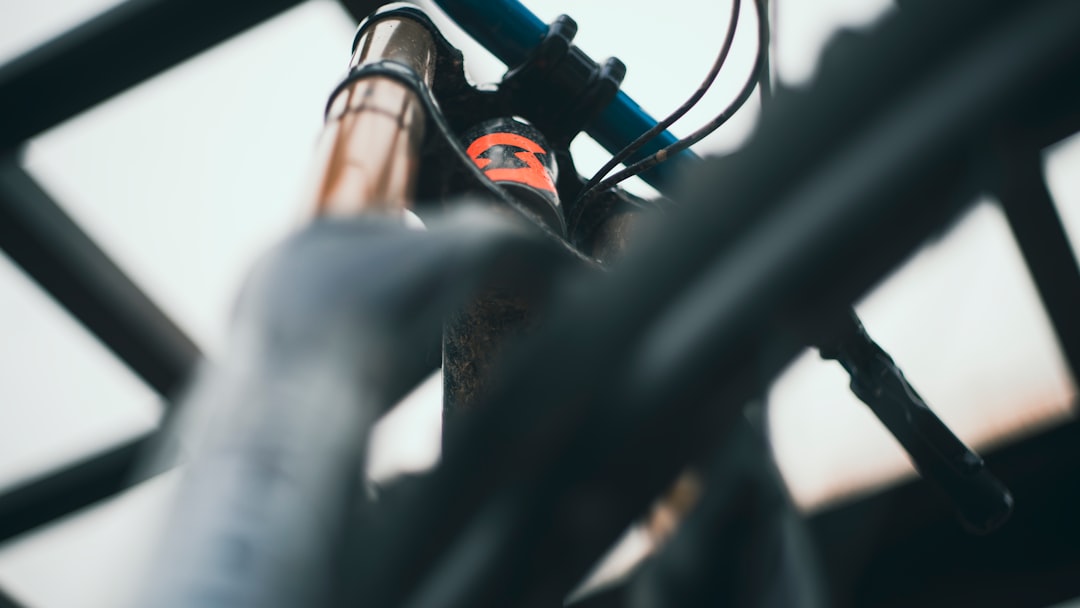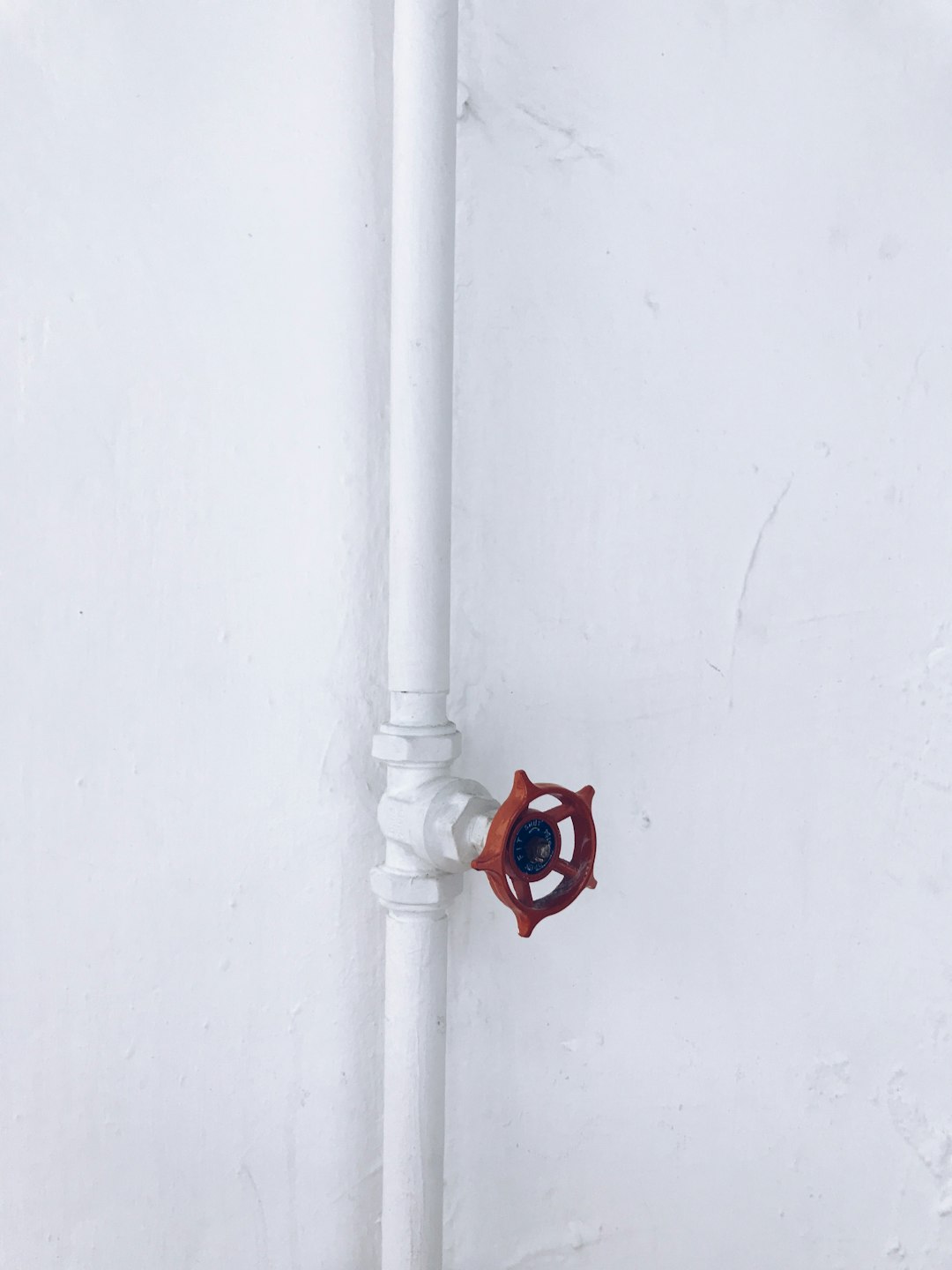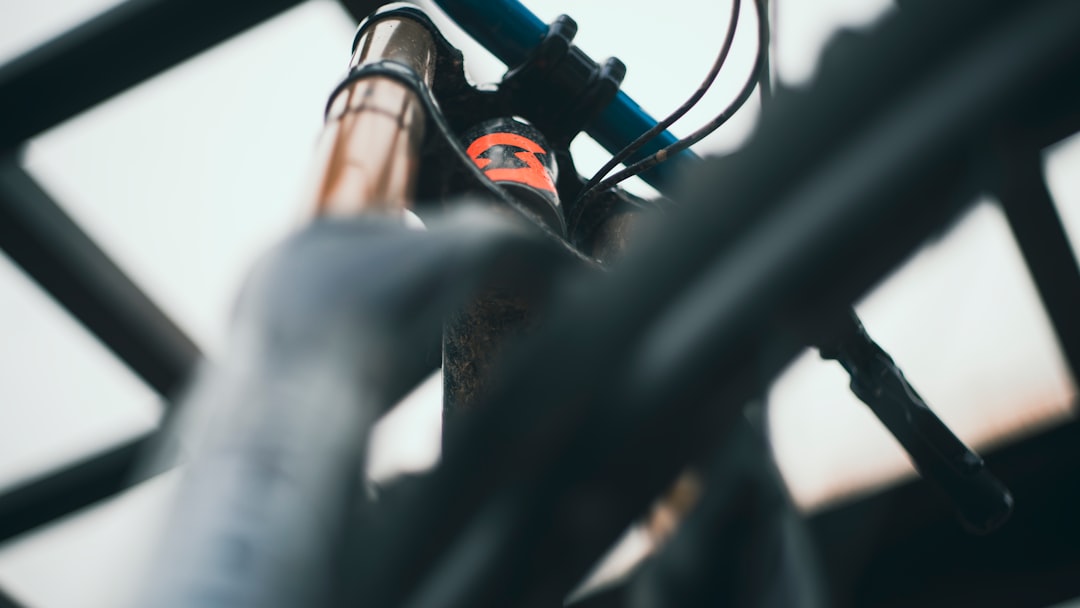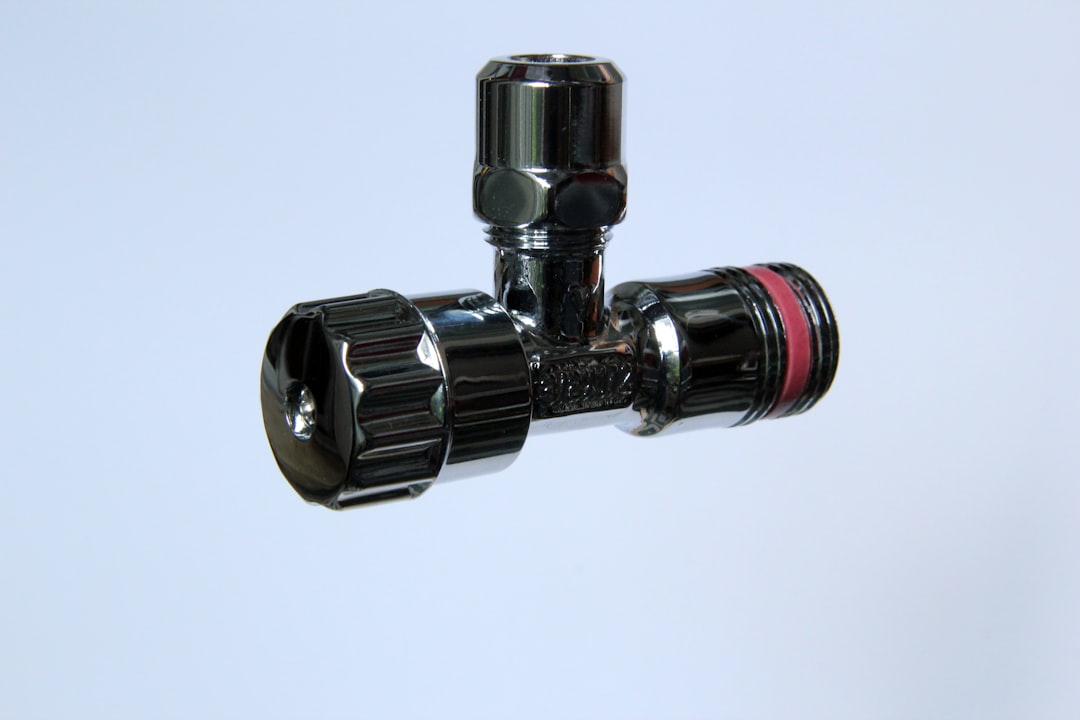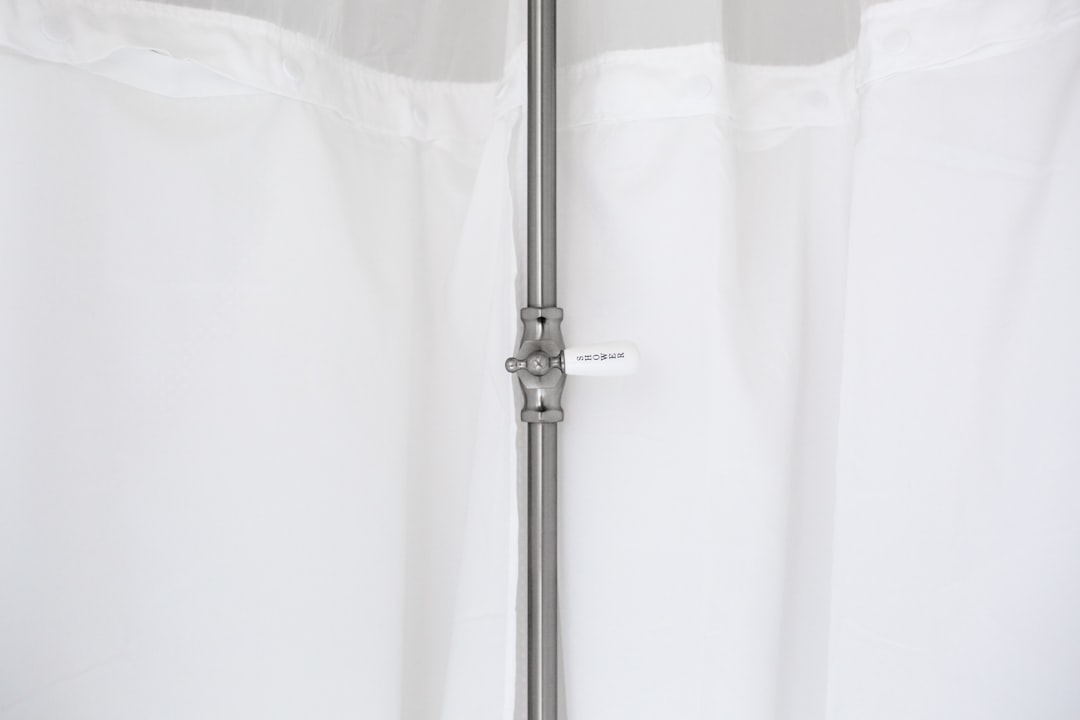Table of Contents
- Introduction
- Overview of plumbing qualifications and certifications
- Importance of obtaining high-level plumbing certifications
- Comparison of advanced plumbing qualifications
- Requirements for achieving the highest plumbing credential
- Role of on-the-job training in plumbing qualifications
- Continuing education and specialized training
- Impact of certification on career opportunities
- Future trends in plumbing qualifications and certifications
- Conclusion
- Frequently Asked Questions
Introduction
Have you ever marveled at the intricate network of pipes hidden behind your walls?
Plumbing is often viewed as a humble trade, yet it is the backbone of modern sanitation and comfort. In this article, we delve into the fascinating world of plumbing qualifications, revealing the prestigious certifications that distinguish the masters of this essential craft.
From journeyman status to master plumber, each step in the qualification ladder demands not only technical skill but also a deep understanding of regulations, safety standards, and innovative techniques. We will explore what it truly takes to attain these esteemed titles and how they empower plumbers to tackle complex challenges with confidence.
Join us as we uncover the rigorous training, hands-on experience, and continuous learning that transforms ordinary plumbing into an art form. Whether you’re considering a career in plumbing, interested in home improvement, or simply curious about this vital profession, this exploration will illuminate the path to mastering the pipes.
Overview of plumbing qualifications and certifications
Plumbing qualifications and certifications are essential for those looking to build a career in this vital industry. Typically, individuals start their journey with a high school diploma or equivalent, which serves as the foundation for further education and training. The first major step is often an apprenticeship program, where aspiring plumbers gain hands-on experience under the supervision of licensed professionals. These apprenticeships usually last four to five years and combine classroom instruction with field training.
After completing an apprenticeship, plumbers can pursue licensure, which often requires passing a comprehensive exam. Licensure ensures that plumbers meet the legal requirements to practice and adhere to local building codes and safety regulations. In addition to traditional plumbing licenses, there are various certifications available that focus on specific areas of plumbing, such as medical gas installation, backflow prevention, and green plumbing practices. These additional certifications can enhance a plumber’s skills and marketability, opening doors to advanced job opportunities and specialized roles within the field.
Importance of obtaining high-level plumbing certifications
Obtaining high-level plumbing certifications is crucial for professionals in the field, as it greatly enhances their skills and knowledge. These certifications signify that a plumber has undergone rigorous training and has met industry standards, which can lead to increased job opportunities and higher wages. Clients and employers often look for certified plumbers, as it provides assurance of the plumber’s competence and adherence to safety regulations.
Moreover, advanced certifications can open doors to specialized areas within plumbing, such as installation, maintenance, and repair of advanced plumbing systems. This expertise is particularly valuable in today’s rapidly evolving technological landscape, where new materials and techniques are constantly being introduced. Master plumbers, for instance, are typically licensed to oversee projects, ensuring compliance with local codes and regulations, further cementing their role as leaders in the industry.
In essence, high-level plumbing certifications not only bolster a plumber’s credibility but also contribute to the overall quality and reliability of plumbing services provided to the community.
Comparison of advanced plumbing qualifications
Advanced plumbing qualifications can vary significantly based on the region and the specific skills required in the industry. Among the highest qualifications are Master Plumber and Plumbing Engineer certifications, both of which demonstrate extensive knowledge and expertise in plumbing systems.
A Master Plumber certification typically requires several years of experience and successful completion of a comprehensive exam, covering not only plumbing codes and standards but also advanced techniques and business practices. This qualification allows individuals to take on complex projects and oversee other plumbers.
On the other hand, a Plumbing Engineer certification focuses on the design and planning aspects of plumbing systems. Plumbing Engineers are often involved in creating efficient systems for residential, commercial, and industrial applications, emphasizing water conservation and sustainability.
Both qualifications represent advanced levels of professionalism in the plumbing industry, but they cater to different career paths: Master Plumbers often work hands-on, while Plumbing Engineers are more focused on the theoretical and design aspects.
Requirements for achieving the highest plumbing credential
Achieving the highest qualification in plumbing typically requires a combination of formal education and practical experience. Most candidates begin their journey through a vocational school or community college, where they may pursue a diploma or an associate degree in plumbing or a related field. During this training, students learn essential skills such as pipefitting, blueprint reading, and plumbing codes.
Following formal education, aspiring plumbers often enter an apprenticeship program. These programs usually last between four to five years and provide hands-on experience under the supervision of licensed plumbers. Apprenticeships combine on-the-job training with classroom instruction, allowing trainees to apply what they have learned in real-world scenarios.
After completing the necessary education and apprenticeship, plumbing professionals typically need to obtain a plumbing license. Licensing requirements vary by state or region but often include passing a written exam that tests knowledge of plumbing systems, codes, and regulations.
Some may choose to pursue additional certifications to specialize in areas like gas fitting or backflow prevention, further enhancing their credentials and career prospects.
Role of on-the-job training in plumbing qualifications
On-the-job training plays a crucial role in gaining plumbing qualifications, as it provides aspiring plumbers with hands-on experience in real-world settings. This practical training complements theoretical knowledge acquired in formal education programs. During on-the-job training, trainees learn essential skills such as pipe installation, repair techniques, and the proper use of tools and materials.
This exposure allows them to understand the dynamics of working in various environments, such as residential, commercial, and industrial settings. Plumbing is a trade where practical skills are paramount, and on-the-job training ensures that trainees develop the confidence and competence needed to handle complex plumbing systems.
Furthermore, this type of training enables apprentices to learn from experienced professionals, gaining insights into industry best practices, safety protocols, and problem-solving strategies. The combination of classroom learning and on-the-job training is vital for producing well-rounded plumbers equipped to meet the demands of the industry. Ultimately, on-the-job training is indispensable as it effectively bridges the gap between knowledge and practical application, ensuring that plumbing professionals are skilled and ready for the challenges they will face.
Continuing education and specialized training
Continuing education and specialized training are crucial components for plumbing professionals seeking to enhance their skills and stay updated with industry advancements. Many plumbers pursue continuing education courses to meet licensing requirements and ensure they are compliant with current regulations and technologies.
Specialized training in areas such as residential or commercial plumbing, pipefitting, or HVAC (heating, ventilation, and air conditioning) can significantly expand a plumber’s expertise. This specialized training often involves hands-on learning, enabling professionals to master complex systems and learn about new materials and techniques.
Furthermore, plumbing technology is continually evolving, with innovations such as smart plumbing systems and eco-friendly practices. Ongoing education allows plumbers to incorporate these advancements into their work, improving efficiency and sustainability. Many trade schools, community colleges, and professional organizations offer courses and certifications specifically tailored for advanced plumbing skills.
As a result, dedicated professionals who engage in continuing education and specialized training not only improve their job prospects but also contribute to higher standards within the plumbing industry.
Impact of certification on career opportunities
The impact of certification on career opportunities in plumbing is significant and multifaceted. Earning a recognized certification demonstrates a plumber’s commitment to their craft and showcases their expertise in the field. This formal acknowledgment of skills can set an individual apart from non-certified competitors, making them a more attractive option for potential employers. Furthermore, certification often opens doors to advanced positions within the plumbing industry, as many companies prefer to hire certified professionals for specialized roles.
Additionally, certified plumbers may have access to higher pay rates and better job stability, as their qualifications can provide assurance to clients regarding the quality of their work. Many states also require specific certifications for certain plumbing jobs, which means that obtaining certification can be essential for compliance with local regulations.
In an era of increased demand for skilled tradespeople, having a certification can also lead to more opportunities for entrepreneurship, such as starting a plumbing business, as customers often seek licensed professionals for larger projects.
Future trends in plumbing qualifications and certifications
The plumbing industry is evolving, and with it, the qualifications and certifications required to excel in the field. Future trends indicate a strong emphasis on specialized training and certifications in areas such as green plumbing, smart home technology, and water conservation systems. As sustainability becomes more important, plumbers may need to obtain credentials that demonstrate their ability to work with eco-friendly materials and energy-efficient systems.
Additionally, advancements in technology are leading to the incorporation of digital tools into plumbing education. Virtual reality (VR) and augmented reality (AR) are being explored for training purposes, allowing students to gain hands-on experience in a safe, controlled environment.
Furthermore, continuous education will likely become a requirement, ensuring that plumbers stay updated with the latest codes, regulations, and technologies. The integration of more rigorous safety and quality standards will also play a crucial role in future certifications, aiming to enhance public trust and professional integrity in plumbing services.
Conclusion
In conclusion, mastering the qualifications in plumbing is not only essential for personal career advancement but also for maintaining high industry standards. Obtaining high-level certifications, such as Master Plumber or Plumbing Engineer, equips professionals with the specific skills and knowledge required to tackle complex plumbing challenges in a constantly evolving field. These credentials can significantly boost job opportunities and ensure compliance with regulations, fostering greater trust among clients. On-the-job training and continuing education further enhance a plumber’s capabilities, allowing them to stay abreast of the latest technological advancements and industry trends. As the plumbing industry continues to emphasize sustainability and innovation, the value of specialized training and certifications will only grow. Therefore, it is crucial for both aspiring and seasoned plumbers to invest in their education and skills development to thrive in this competitive market. If you need plumbing assistance, don’t hesitate to call 573-555-2121 and access the expertise that can help you navigate your plumbing needs with confidence.
